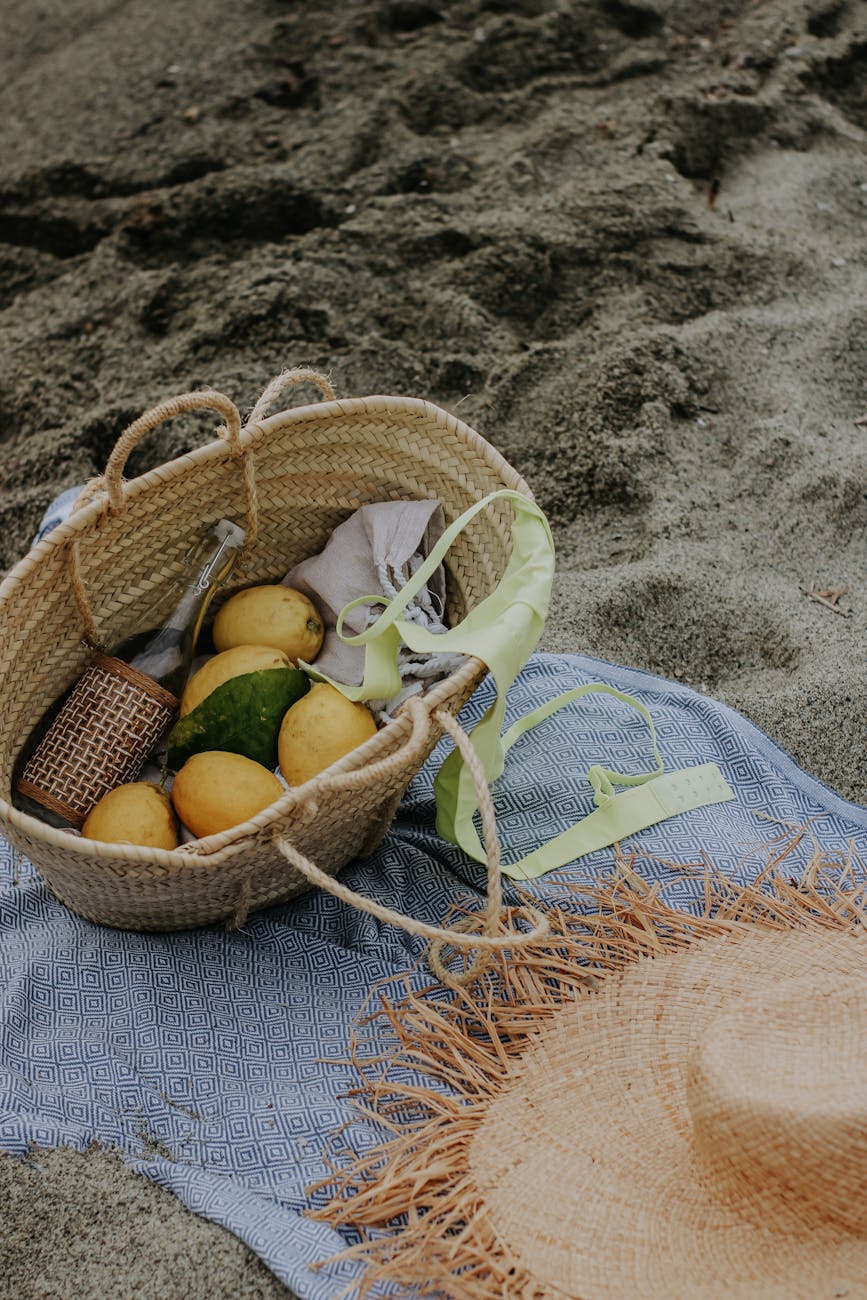“`html
Coastal food systems are a vital part of our global landscape, providing sustenance, economic opportunities, and cultural richness. However, as travel resumes and holiday destinations gain popularity, it is crucial to scrutinize how our travel choices impact these delicate ecosystems. This blog post will delve into the intricate relationship between holiday destinations and coastal food systems, shining a light on the significant roles we play as travelers and how we can be catalysts for positive change.
Understanding our influence not only enriches our travel experiences but also contributes to the sustainability of the regions we explore, making our holidays rewarding on multiple levels.
Coastal food systems encompass a wide array of elements from fisheries and aquaculture to local agriculture reliant on the ocean’s delicate balance. These ecosystems thrive on the interplay of various factors including climate, geography, and cultural practices, all of which are influenced by human activity. Overfishing and pollution present formidable challenges that threaten the abundance of seafood, which many communities depend upon for both nourishment and livelihood.
Moreover, traditional ways of life are being reshaped as modern demands push the limits of these coastal areas. Recognizing this complexity reveals the importance of sustainable management practices that don’t merely alleviate symptoms but address systemic issues. By grasping how our consumption connects to these food systems, we can begin to appreciate and protect the treasures our coasts offer.
Each time a choice is made about a holiday destination, there are ripple effects that reach far beyond a postcard view. The surge in tourism often leads to increased demand for local resources, resulting in stress on coastal food systems that locals may have relied on for generations. Popular tourist hotspots may face challenges like over-exploited fisheries or rising prices of local foods. Conversely, off-the-beaten-path locations might experience a revitalization as tourism brings much-needed attention and funding to overlooked communities.
Travel, therefore, can be both a boon and a bane for coastal regions, urging travelers to reflect on their choices. Understanding these dual realities can help shape a more conscientious approach to exploring new destinations. Enthusiastic travelers can choose to support businesses that prioritize local produce and sustainable fishing methods, thus helping to balance the scales in favor of both the environment and local economies.
Sustainability is not just a buzzword; it is a vital approach that travelers can adopt to support the health of coastal food systems. Making informed decisions about where to stay and dine goes a long way in ensuring that tourism benefits rather than depletes local resources. For example, selecting accommodations that promote eco-friendly practices or dining at restaurants that serve locally sourced dishes helps reinforce the importance of community ties.
By engaging in sustainable practices, travelers can effectively mitigate negative impacts while enriching their own experiences. Additionally, many coastal regions have started to implement community-based tourism strategies. These initiatives empower local populations and give tourists a more authentic glimpse of the culture, encouraging a more balanced relationship between visitors and residents.
The culinary traditions of coastal regions are often built on generations of knowledge and cultural heritage. When travelers indulge in local cuisines, they engage directly with the community’s livelihood and traditions. This not only provides an authentic taste of the destination but also supports local fishermen and farmers who strive to keep their practices alive.
Dining on dishes made from fresh, local ingredients instills a greater appreciation for the efforts that go into creating them, fostering a delightful connection between traveler and locale. Supporting restaurants and markets that prioritize sustainable seafood and local produce encourages better practices and helps preserve the very systems that make coastal communities thrive.
When we travel with awareness, the ripple effects can create a surge of positive change for coastal food systems. Many travelers now seek to connect with volunteer opportunities or sustainable practices in the communities they visit. Engaging with locals, participating in beach clean-ups, or supporting awareness campaigns elevates our experiences from mere tourism to meaningful interactions.
Moreover, sharing stories and insights from these adventures with friends and family can amplify the impact of positive travel choices. This collective consciousness can inspire others to make mindful decisions, creating a broader movement for sustainable tourism that respects and enriches coastal food systems everywhere. Together, we can become pioneers of change, ensuring that our holiday footprints are light and beneficial.
As we navigate the world, each destination we visit holds the potential for transformative experiences that extend far beyond the moment. Our engagement with coastal food systems plays a crucial role not only in sustaining local communities but also in nurturing our unique connections with nature and culture. As conscientious explorers, we have the opportunity to create lasting impacts, fostering a sense of responsibility and cultivation that benefits all.
How can I find sustainable restaurants while traveling?
A useful tool is to search for local directories or apps that highlight eco-friendly establishments. Word-of-mouth recommendations from locals are another effective way to discover dining options that prioritize sustainability.
What role do travelers play in protecting coastal food systems?
Travelers can play an essential role by supporting local businesses, respecting cultural practices, and advocating for sustainable tourism initiatives that uphold the balance of coastal ecosystems.
Are there specific guidelines for choosing a sustainable vacation?
Research is key! Look for eco-certified accommodations, know the environmental policies of tour companies, and consider destinations that prioritize local community engagement and conservation efforts.
Can I make a difference as a solo traveler?
Absolutely! Individual actions, such as reducing waste, supporting local artisans, and participating in community activities, can ripple out and collectively contribute to a more sustainable tourist experience.
“`
Image Credit: Pexels





